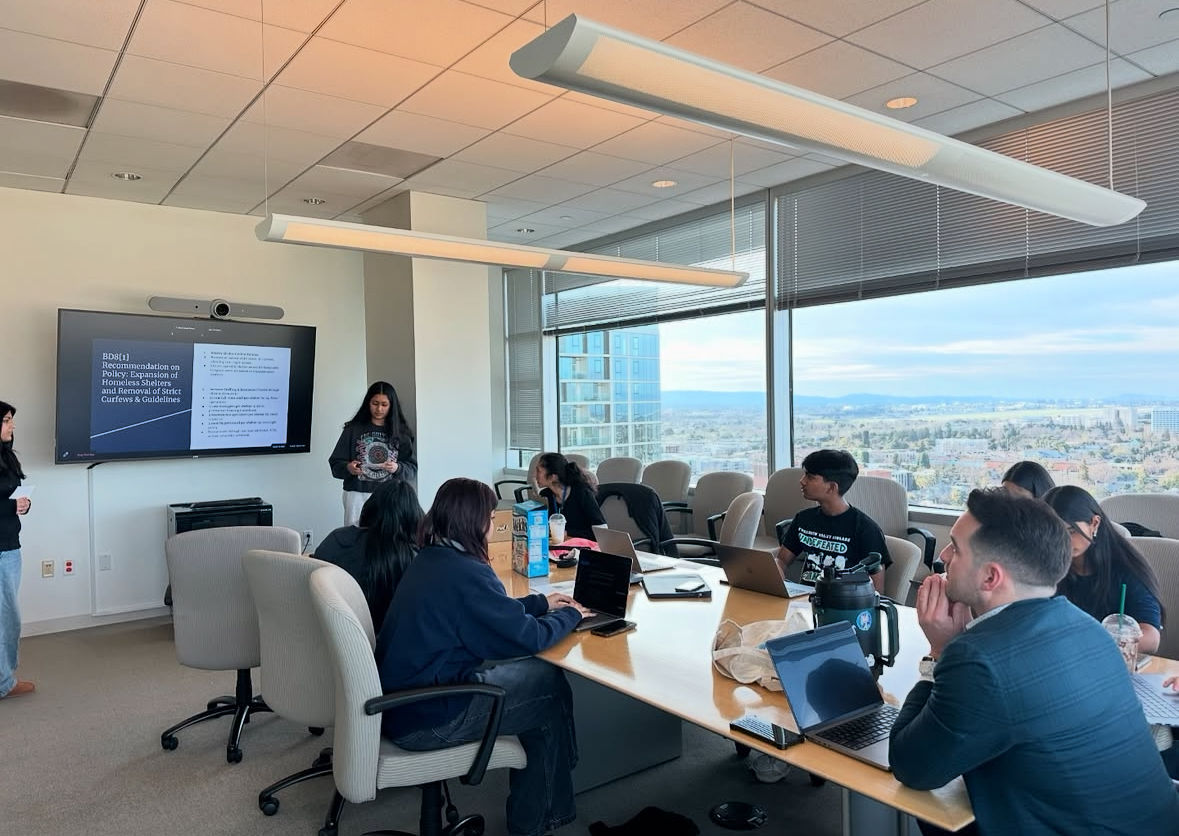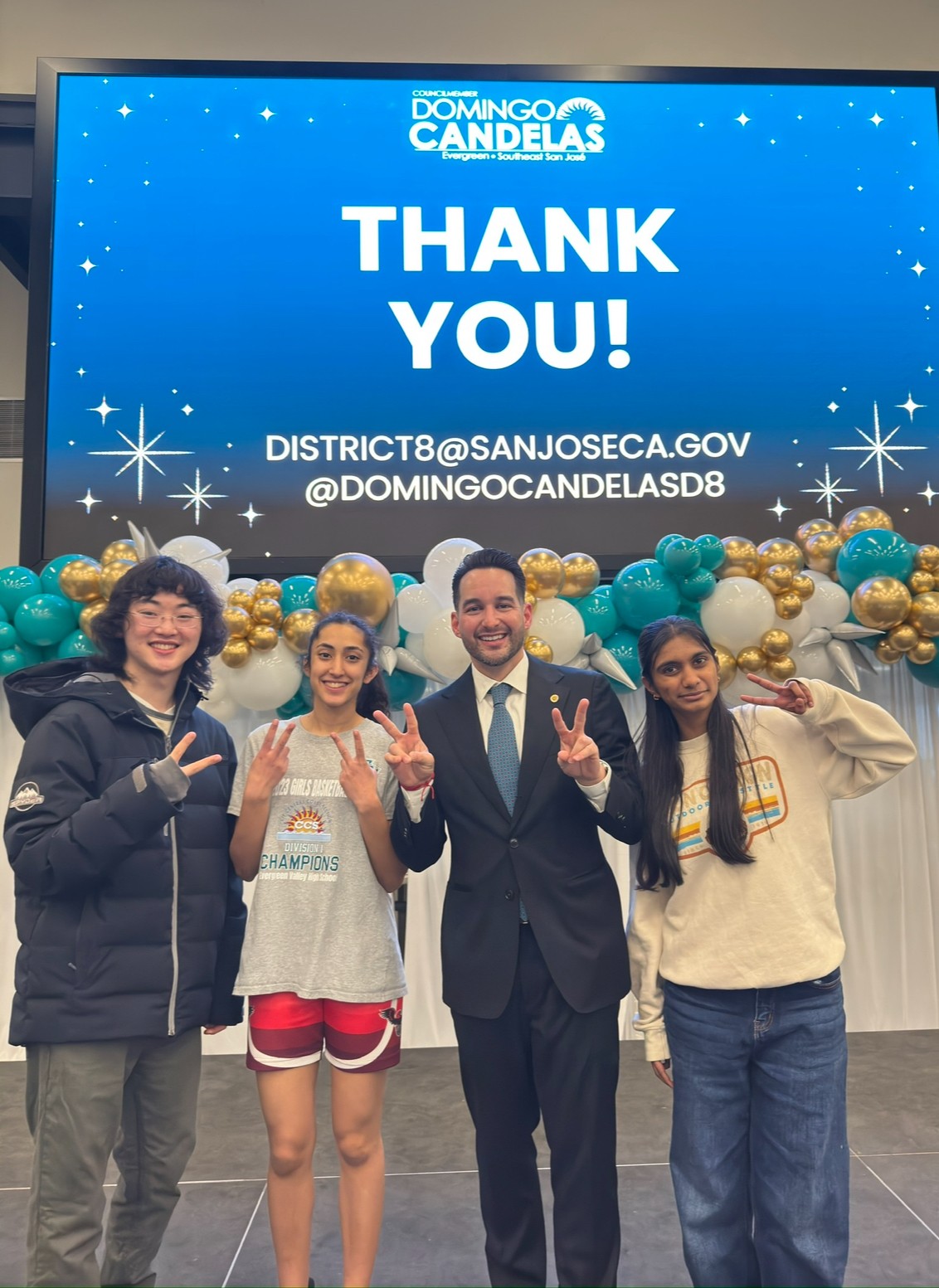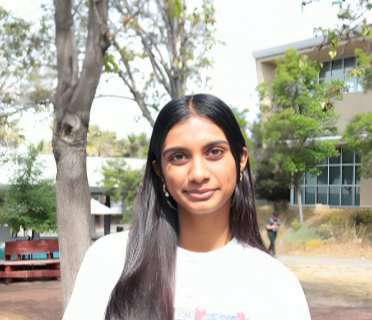Alright – so today we’ve got the honor of introducing you to Laya. We think you’ll enjoy our conversation, we’ve shared it below.
Laya, looking forward to hearing all of your stories today. Can you talk to us about a project that’s meant a lot to you?
The most meaningful project I’ve worked on is co-founding and chairing the San Jose District 8 Youth Council Committee (YCC), the first Youth Advisory Council in District 8 and first youth policy think tank in San Jose, an initiative aimed at bridging the gap between young people and the local policymaking process. One of our core focuses has been addressing youth homelessness, an issue that hits close to home. San Jose has the highest rate of unhoused youth in the United States, and as someone with a family history of poverty, I’ve always felt a personal responsibility to act.
As part of this work, I conducted interviews with family support staff across our school district – which serves over 25,000 students – to better understand the root causes of youth homelessness and identify where our infrastructure was failing. These conversations were eye-opening. They revealed not only the bureaucratic gaps but also how hard it can be for students to access basic resources like clean clothes, food, or safe shelter.
With this knowledge, our committee began planning a series of local initiatives. Next year, we’re working to open up our school’s washer-dryer system to students who need it and fully refurbish our on-campus food pantry to serve more families with dignity. We’re also partnering with nonprofits and other schools to expand these models across the city. Beyond immediate needs, we’re advocating for broader healthcare equity for unhoused individuals and improving access to essential services at interim housing sites.
This project matters to me because it has shown me the power of youth voices in shaping policy. It reminded me that change doesn’t always start at the top. Sometimes, it begins with listening, organizing, and refusing to accept that “this is just the way things are.” Through this work, I’ve grown as a leader, an advocate, and most importantly, as a member of a community that’s learning how to take care of its own.
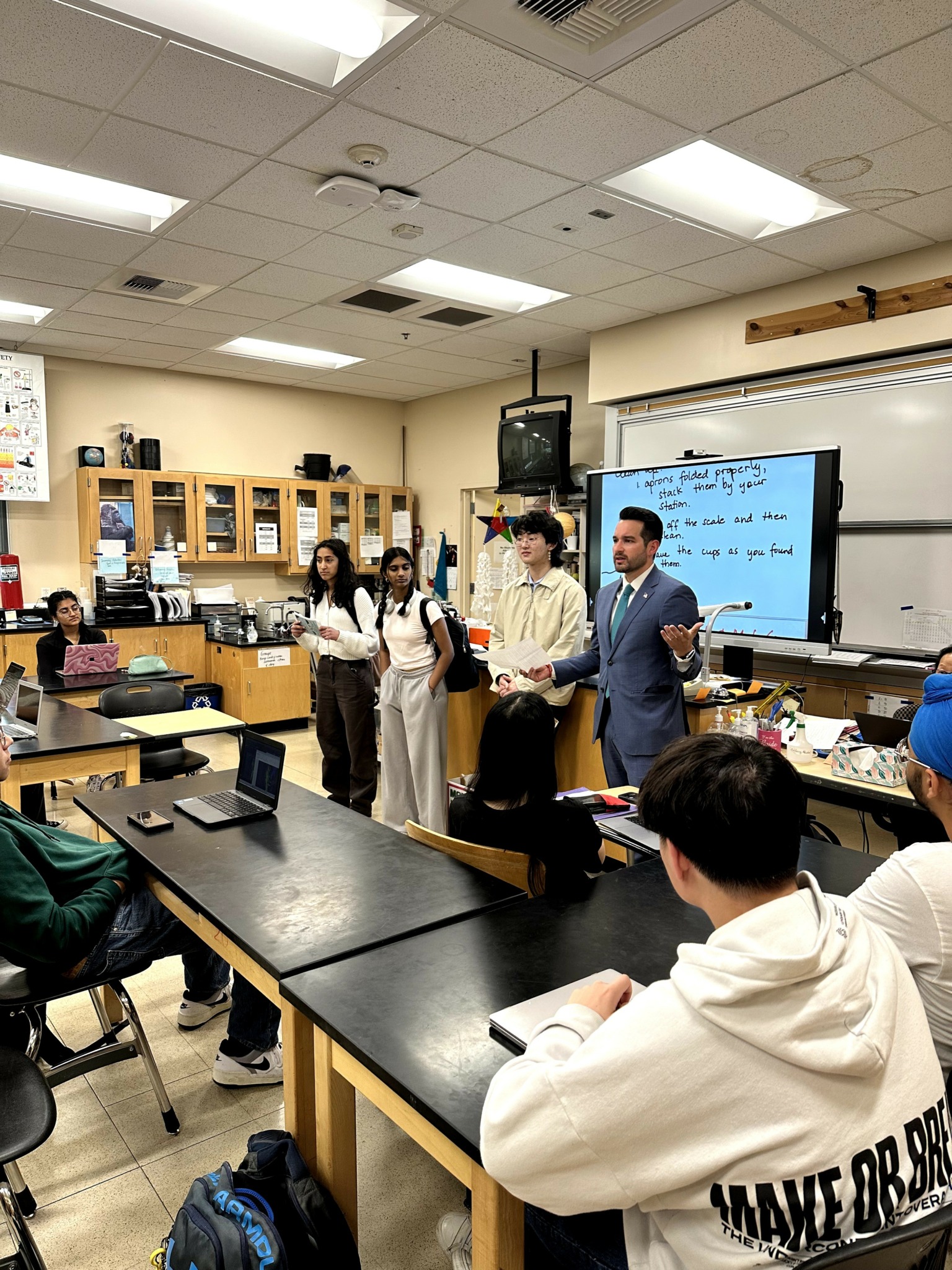
As always, we appreciate you sharing your insights and we’ve got a few more questions for you, but before we get to all of that can you take a minute to introduce yourself and give our readers some of your back background and context?
Hi! My name is Laya Krishnan, and I’m an incoming high school senior, researcher, civic organizer, and someone who believes deeply in the power of grassroots change. I work at the intersection of public policy, economics, and communications, with a specific focus on social equity and local-level impact. My journey into advocacy began through competitive debate, but after growing disillusioned with the superficiality of the debate space, I decided to instead start working towards fostering real change. Young people are often the most affected by political decisions, yet we’re rarely in the rooms where those decisions are made. I decided to change that.
I co-founded and currently chair the San Jose District 8 Youth Council Committee, the city’s first youth policy think tank, where I work with 30+ members and our city Councilmember, Domingo Candelas, to craft real policy solutions to some of our community’s most urgent issues, including youth homelessness and healthcare access. My role involves everything from coordinating community outreach to teaching policy analysis and designing policy recommendations.
I pursue policy not just in application, but also in academic spaces – with my experience as a marketing research intern at UC Berkeley, I’ve learned how important data is to making any decision, especially in the policy space. I’m currently pursuing a research project on the primary determinants of youth homelessness at the Goldman School of Public Policy at UC Berkeley. I’m also a national-level orator and public speaking coach – skills that fuel my advocacy and help me train others to speak up too.
What sets my work apart is its grounding in both lived experience and research. As someone from a family with a history of financial insecurity, I approach my work with empathy, but I also bring in the analytical mindset of a policy researcher. I don’t just want to feel things, I want to fix them. That dual lens has helped me connect with both people and institutions, whether I’m door-to-door canvassing or speaking to our school board.
I’m most proud of the fact that everything I do centers around impact, not just symbolism. Whether it’s giving students access to clean clothes and food through school infrastructure or advocating for better resource allocation for interim housing sites, I focus on tangible change. At the end of the day, my goal is simple: to build systems where no one is overlooked, especially the youngest and most vulnerable among us. And I believe that starts by making sure our voices are not just heard, but listened to.
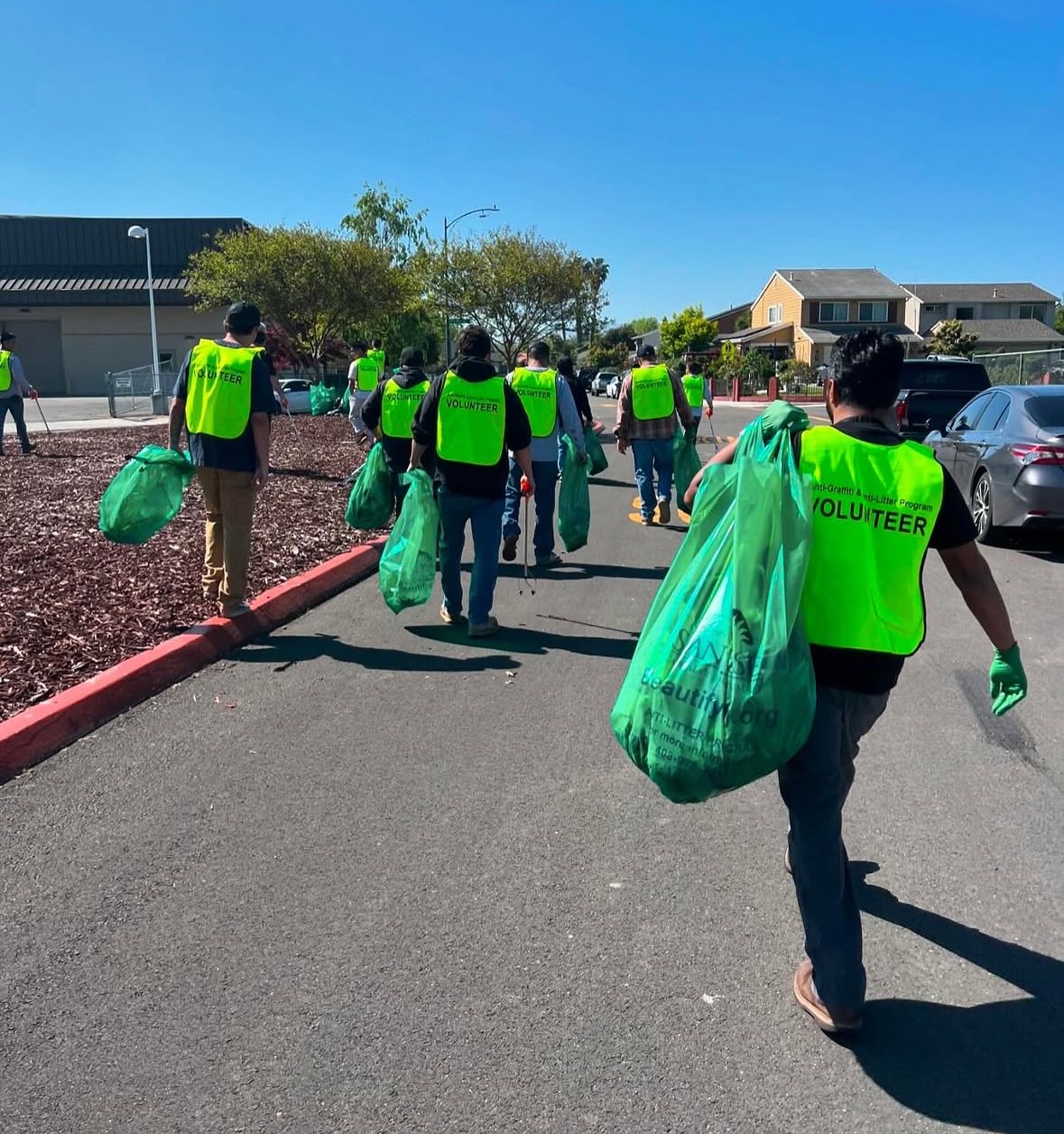
Can you share a story from your journey that illustrates your resilience?
Last summer, some members of our Youth Council Committee were handing out cold drinks and food to unhoused individuals living near a creek in our city as part of an initiative to get firsthand information as to why our current shelter systems weren’t effective. While speaking with a man who was struggling with chronic homelessness and addiction, he candidly told us that it was his faith that had gotten him through incredibly difficult times. Upon hearing this, my friend and I offered to pray with him, giving him a small pocket Bible we happened to have on hand. We prayed in the blinding heat: for healing, for hope, and for something deeper than just survival. He appreciated it more than any food we could have given him.
But the next day, the man was gone – his encampment was swept, and we haven’t seen him since. I was nearly driven to quit, as I was harshly reminded of the fragility of life for people on the streets and the harshness of the policies that made their lives unpredictable. But that moment of shared faith and humanity stayed with me. The experience challenged me to rethink how I approached my work as a policy advocate. Early on, I tried crafting policies from behind a desk, but those ideas lacked real impact. It wasn’t until I stepped out of the conference room and into the streets, listening to stories like his and connecting through compassion and prayer, that I understood what resilience truly means.
Resilience isn’t just about surviving hardship. It’s about holding on to hope, faith, and humanity even when everything feels lost. Meeting that man reminded me that meaningful change starts with seeing people, not problems. It showed me that service is a shared journey, built on trust and empathy, and that true resilience comes from that connection.
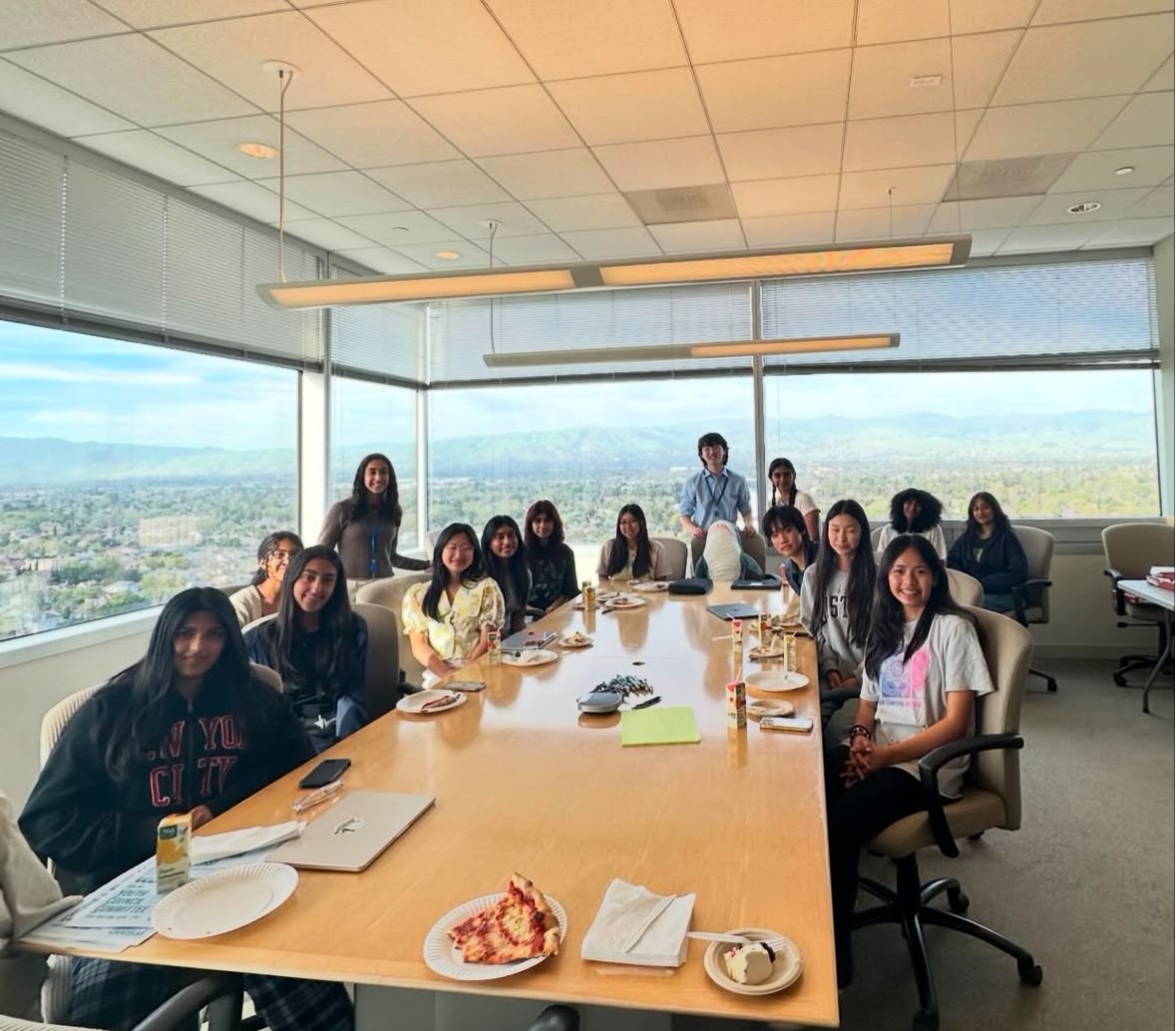
What’s a lesson you had to unlearn and what’s the backstory?
Lesson I Had to Unlearn: That good intentions alone are enough to create meaningful change.
Backstory: When I first started working on youth homelessness through the youth council committee, I believed that writing well-reasoned proposals in boardrooms would be enough to solve problems. I thought if I had the right data and ideas, change would naturally follow. But when we presented our initial proposals to our city councilmember, they were quickly shot down, not out of dismissal, but because we were naive to think policy change was simple. Funding challenges, political priorities, and existing systems all created real obstacles we hadn’t fully understood.
The turning point came when we decided to leave the conference room and meet unhoused people directly. Spending time with them – listening to their stories, sharing resources, and even praying together – helped me realize how much the city was already doing, even if it wasn’t perfect. Understanding the existing resources gave us a foundation to build on, rather than trying to reinvent everything from scratch.
This unlearning taught me that real progress comes from humility, empathy, and working within the complexity of the system. Good intentions must be paired with genuine connection and a willingness to learn and adapt.
Contact Info:
- Instagram: https://www.instagram.com/layakrishnann/?hl=en
- Linkedin: https://www.linkedin.com/in/laya-krishnan-
